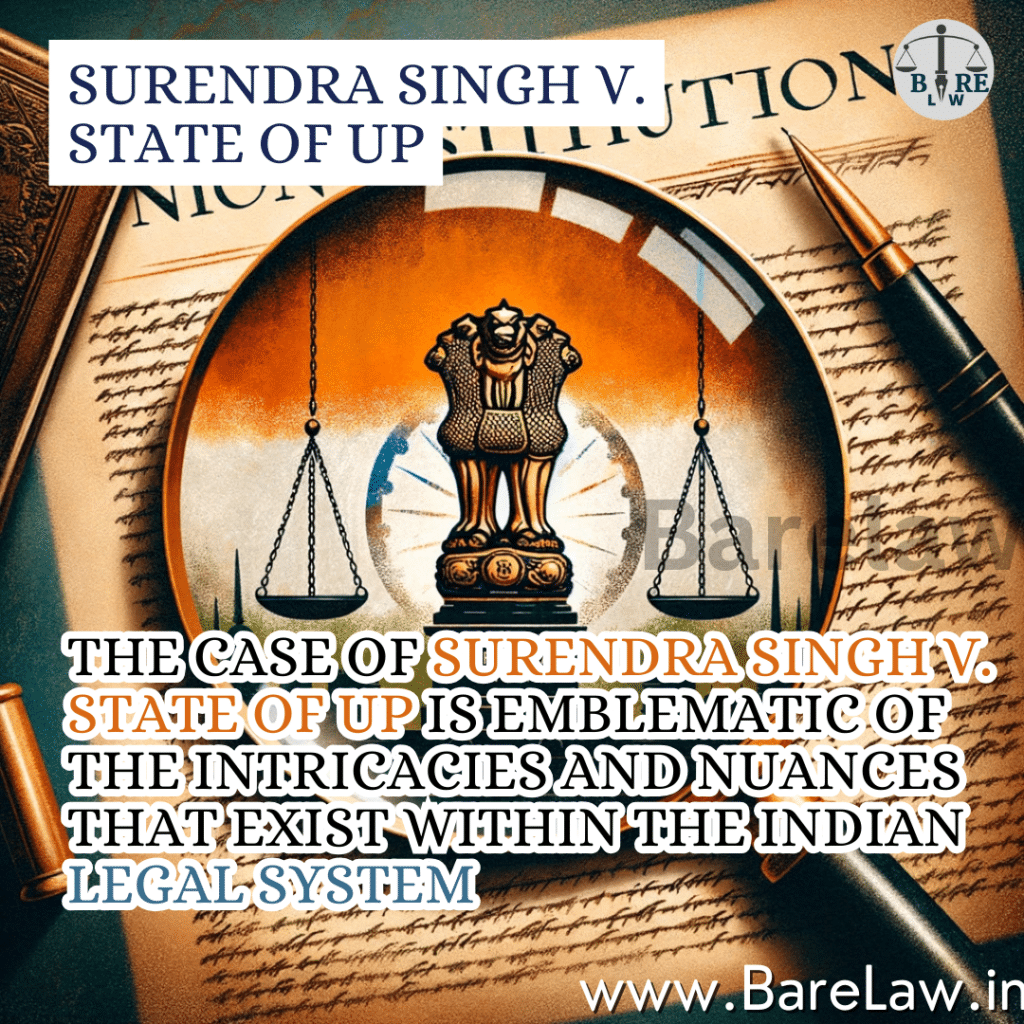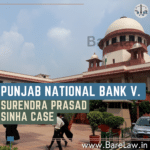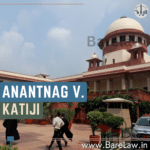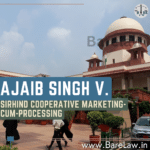
Surendra Singh v. State of UP
Indian legal system; it is a major proponent of judicial precedent, statutory interpretation, and questing for justice. This article will examine the specifics of the case, its importance and what this implies for the legal framework in Uttar Pradesh and beyond.
Background of the Case
Without specific details pertaining to the case of Surendra Singh v. State of UP, It is difficult to provide an in-depth background on the case of Surendra Singh v. State of UP without actual details. However, let us assume that it is a hypothetical or representative case addressing common issues in disputes between individuals and State.
In such situations, Surendra Singh could be a native resident of Uttar Pradesh who confronted some state’s directives or acts and therefore would have challenged them in court. Such challenges are often based on perceived human rights breaches, administrative excesses or procedural lacunae.
Legal Issues Raised
In cases like these, several legal issues often arise:
- Fundamental Rights: Did any of Surendra Singh’s fundamental rights as enshrined under Indian Constitution get violated?
- Administrative Actions: Were there arbitrary actions taken by State of UP through its organs or officers?
- Judicial Review: Did judiciary have power to intervene against executive/legislative actions?
Judgment and Its Significance
While the specifics of the judgment in the case of Surendra Singh v. State of UP are not provided, we can discuss the potential outcomes and their significance:
- Upholding State Actions: If the court sided with the State of UP on this matter then there might be seen a trend where courts defer to governmental decisions particularly when they are based upon larger public interest concerns.
- In Favor of Surendra Singh: It would mean that individual rights are important while judiciary provides checks against abuse by government.
- Mixed Verdict: Courts sometimes make mixed judgments; they may partly agree with a petitioner but dismiss other parts.
Implications for Uttar Pradesh and Beyond
Irrespective of the outcome, cases like Surendra Singh v. State of UP have broader implications:
- Legal Precedent: This judgment can be used as a precedent for future similar matters thereby guiding the judiciary, litigants, and lawyers.
- Policy Changes: This might lead to policy reforms or amendments especially on systemic issues or gaps which need to be addressed by current laws.
- Public Awareness: High-profile cases sometimes focus attention on important subjects leading to public debates and sensitize people.
This hypothetical example of Surendra Singh v. State of UP reminds us of the interplay between individual rights and state responsibilities. The Indian judiciary through such cases reasserts its position as the custodian of Constitution and defender of individual liberties. While specific details regarding this case remain uncertain, its general themes echo many other judicial battles fought across different courts in India.





